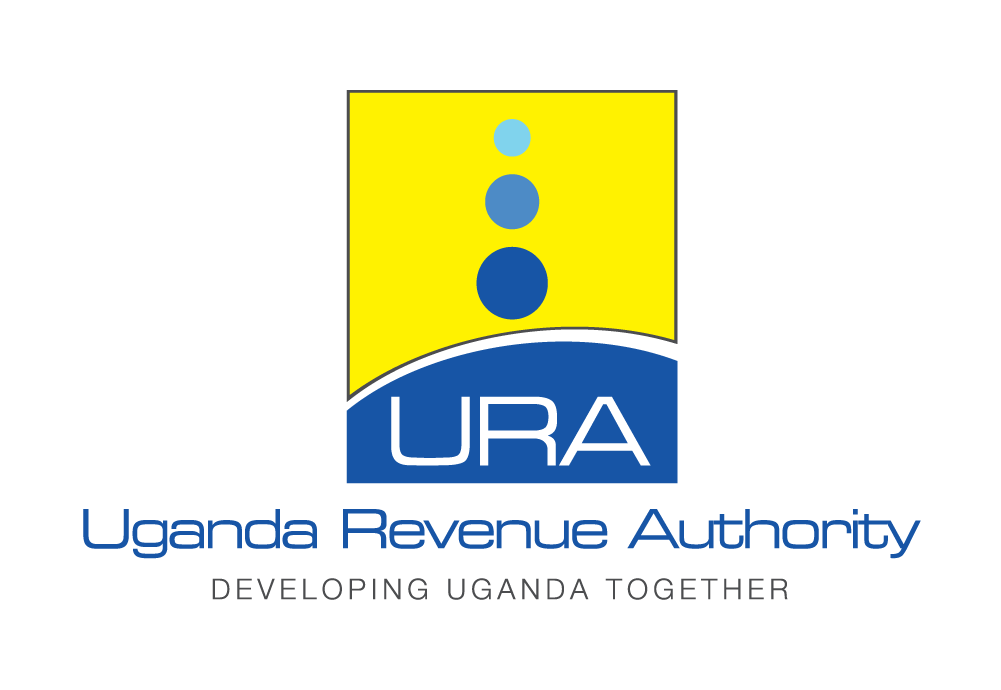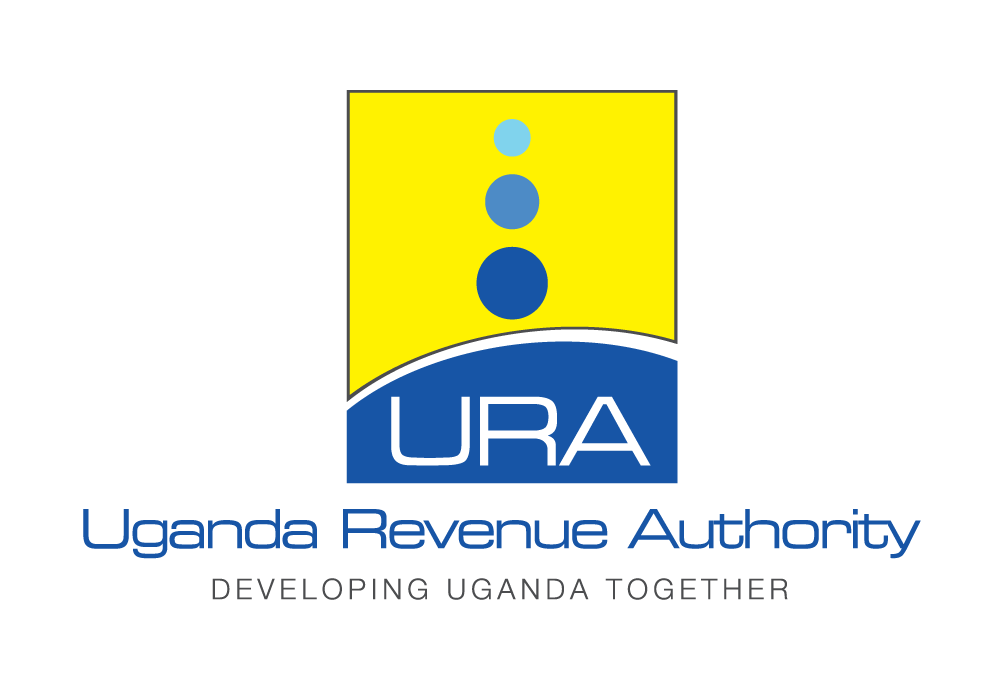- Home
- Construction companies
Construction companies
A construction company is a business, corporation, or similar organization established to engage in construction of structures through erection of buildings., Infrastructure, Industrial development and other construction projects.
After registration, a construction company must obtain necessary licenses and permits from statutory bodies
- National Construction Authority (NCA)
- National Building Review Board (NBRB)
- Municipal council authorities.
For individual
- National ID or any other two of the following valid identification documents; Passport, Driving permit, Voter’s card, Village ID, Employment ID, Refugee ID, recent Bank statement, Work permit, financial card, Visa, NSSF card etc.
- Certificate of registration (incase you are in business)
- Statement of particulars and partnership deeds (incase of a partnership)
For non-individual
- Company Form 20
- Certificate of incorporation
Click here for details on requirements for registration
- You’re required to visit the URA portal on ura.go.ug
- Click here to register as an individual
- Click here to register as a non-individual
As a taxpayer you are entitled to your rights. Equally there are obligations you must fulfill.
Click here for your rights as a taxpayer.
Click here for your obligations as a taxpayer.
Corporation tax
This is Income tax charged on profits of a company and charged on a companies’ taxable income. The income tax rate applicable to companies is 30%,
Pay As You Earn (PAYE)
Any employee who is employed by a construction company is required to obtain a TIN, and the employer (Company) has a duty to register for Pay As You Earn (PAYE), in order to withhold from each employee who earns a monthly salary in excess of 235,000/= and remits it to URA.
Click here for the PAYE rates
Withholding tax
Withholding tax (WHT) is income tax that is withheld at source by one person (Designated withholding agent) upon making payment to another person (payee). The rate applicable to goods and services is 6% and should be withheld once the transaction amount exceeds 1,000,000/= and later remitted to URA.
With the exception of Professional fees, that do not have any threshold, i.e. withholding of 6% happens, irrespective of the transaction value.
Please note: The tax withheld is credited/ reduced on the tax payable in the Payee’s final income tax return, once filed.
Click here for information on Withholding tax.
Value Added Tax
VAT is a consumption tax charged at a rate of 18% on all taxable supplies made by taxable persons i.e. persons registered or required to register for VAT purposes. The threshold for VAT registration is an annual turnover exceeding 150 million UGX or 37.5 million UGX for 3 consecutive months.
Click here for more information on VAT
Please note: It is mandatory for all VAT registered taxpayers to issue e-invoices as no tax credit will be allowed or claimable on purchases/ expenses, unless they are supported by e-invoices.
Click here for information on how to register for EFRIS
These returns are filed like any other Income tax returns
Click here for information on how to file your returns.
After filing a return, you’re required to pay the resultant tax using any of the available payment platforms e.g. banks, mobile money, EFT, RTGS, VISA, Mastercard, USSD code (*285#) etc.
Please note: the due date for payment of tax is the same as that of return filing.
Click here to register a payment
|
INCOME TAX |
|||
|
Beneficiary |
Incentives |
Period of Incentive |
Conditions for the Tax Incentive |
|
1. Developer of an industrial park/ free zone |
Exemption of income derived from renting out or leasing facilities established in an industrial park or free zone. |
10 years |
Must invest a minimum of USD 50m for foreign investors or USD 10m for EAC citizens, Incentive takes effect from the date of commencement of construction. Also applies to an existing investor making an additional investment of the same value. |
|
2. Contractors executing aid- funded and mining projects |
Deemed VAT: Tax payable on a taxable supply made by a supplier to a contractor executing an aid- funded project is deemed to have been paid by the contractor provided the supply is for use by the contractor solely and exclusively for the aid funded project. |
Duration of the project |
Contractors executing aid- funded and mining projects. |
|
CONSTRUCTION SECTOR |
||
|
|
Description |
Tax incentive |
|
|
Specialized vehicles • Concrete Mixers – Self propelled • Concrete Pumps |
• The equipment is free of import duty by tariff. • VAT is referable for VAT registered companies |
|
|
Earth Moving Machinery • Excavators • Bull dozers • Angle Dozers |
• The equipment is free of import duty by tariff. • VAT is referable for VAT Registered Companies |
|
|
Cranes for Construction |
• The equipment is free of import duty by tariff. • VAT is deferrable for VAT Registered Companies |
|
|
Scaffolding |
• When obtained from the region of East Africa, they shall be exempted from import duty. |
|
|
Surveying Equipment • Global Positioning Systems (GPS) • Theodolites • Line of site equipment • Rangefinders They are largely used by road construction firms, surveyors, oil exploration, mining. |
• The equipment is free of import duty by tariff. • VAT is payable |
|
|
Goods Carrying vehicles – Tippers • Gross Vehicle Weight exceeding 5 tonnes but not exceeding 20 tonnes. • Gross Vehicle Weight exceeding 20 tonnes. |
• Goods carrying vehicle with gross weight exceeding 5 tonnes but not exceeding 20 tonnes import duty is 10% for one-year Goods carrying vehicle with gross weight 20 tonnes and more is free of import duty for one year. |
|
|
Temporary imports of Construction Machinery of a specialized nature for use in the construction sector that is not listed above. Terms and conditions as specified in the East African Community- Customs Management Act, 2004 apply. |
• Taxes suspended and goods secured on bond that is cancelled upon re export. |
|
|
Pipe line construction of oil and gas from Uganda to Dar- es -salaam |
• Inputs for use in the construction of the oil and gas pipeline are exempted from all taxes under the fifth schedule of the East African Community Customs Management Act, 2004. |
|
|
Hydro power construction equipment and inputs. |
• The supplies for the use in hydropower project are exempted from VAT. |
|
|
Regional Economic Communities (RECs) that include East African Community (EAC), Common Market for East and Central Africa (COMESA). Soon entering the TRIPARTITE that will include EAC, COMESA and SADC (South African Development Co-operation |
• Imports from the Regional Economic Communities are given preferential import duty treatment. |
|
|
The country has industries for local inputs that are of high quality and manufactured in Uganda. These items when procured locally attract only local taxes. |
• Industries that produce items such as cables, cement, iron bars, pipes, nails, roofing sheets etc. |
|
|
Upcoming projects such as Standard Gauge Railway (SGR) are offering opportunities in construction sector. |
• The project is funded by donors shall have its inputs exempted from taxes under the East African Community Customs Management Act, 2004 . |
|
|
Pre-fabricated buildings for factory use imported by registered manufacturers or other entities such as warehouse construction. |
• VAT Deferrable for pre- fabricated buildings for factory use. |
|
|
The supply of earth moving equipment and machinery for development of an industrial park or free zone to a developer of an industrial park or free zone whose investment is at least fifty million United States Dollars |
• VAT is applicable at 0 % under the VAT A ct. |
|
|
The supply of construction materials for development of an industrial park or free zone to a developer of an industrial park or free zone whose investment is at least fifty million United States Dollars |
• VAT exempt under the VAT Act • Excise duty is nil |
For more information, visit the nearest URA office or call the toll-free lines 0800117000/0800217000 or WhatsApp: 077214000


















